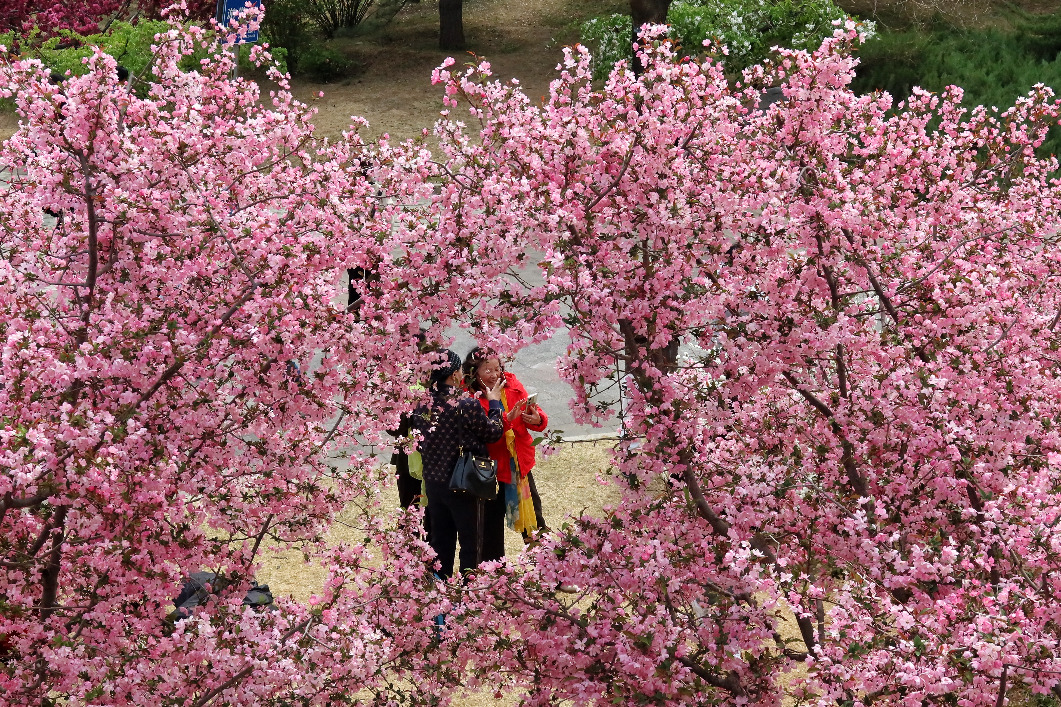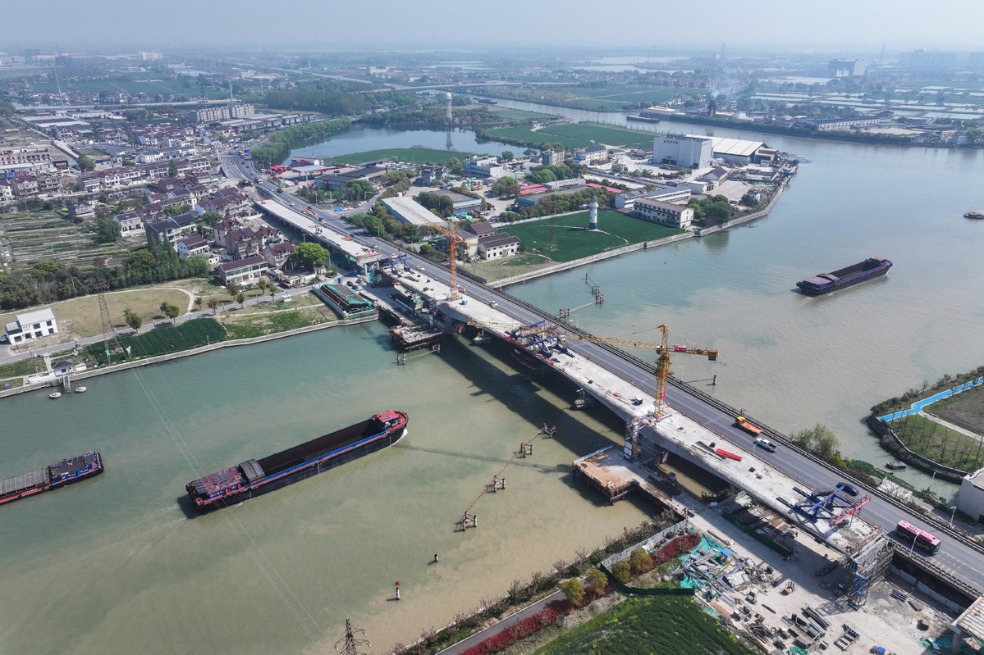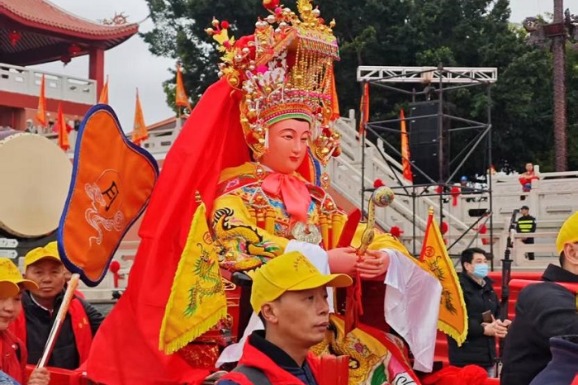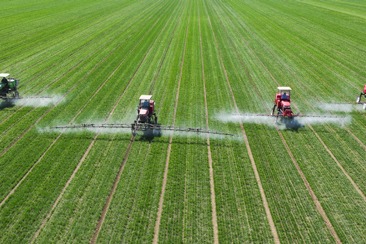Fish farming boosts agritourism in Miyun

A sprawling reservoir on the northeastern outskirts of Beijing has become a valuable learning hub as China explores alternative protein and carbohydrate sources to broaden its food options.
Originally constructed in 1958 to mitigate floods, this reservoir spanning 188 square kilometers in the hilly Miyun district has long served as a crucial water source for drinking and irrigation in Beijing.
However, with the emergence of algal blooms due to the accumulation of pollutants such as nitrogen and phosphorus, local authorities during the 1960s introduced fish to improve water quality and in the meantime create an additional revenue stream. The approach was a departure from conventional methods used to handle algal outbreaks such as through costly mechanical removals or using chemicals including algicides or herbicides.
"These fish feed on microorganisms and aquatic life, which purifies the water as they obtain essential nutrients for growth," said Shan Changli, the head of the rural cooperative managing the reservoir's fish farming and marketing.
He noted that fish in the reservoir are blockbuster farm produce because they grow without artificial feed or antibiotics.
Recognizing the growing market demand for such fish as a high-quality organic food option, local authorities have significantly increased fish fry releases in recent years to boost production.
Official figures show that this year alone, over 800 metric tons of fish fry have been released.
The reservoir now yields 2,800 tons of fish annually, generating more than 112 million yuan ($15.8 million) in revenue while removing approximately 50,000 tons of waterborne organisms each year as fish feed.
While young fish efficiently cleanse the water, their effectiveness decreases once they surpass 4 kilograms, local officials said.
To uphold this cycle, administrators consistently introduce new fish fry and harvest larger fish for consumption, ensuring both water purity and culinary satisfaction for residents.
In line with this goal, local officials have prohibited the use of fishing nets with holes smaller than 14.5 centimeters.
To boost sales, local authorities have constructed cold storage facilities and partnered with logistics companies to facilitate online fish sales.
Visitors now flock to the region to savor the locally sourced fish and enjoy a tranquil retreat from the bustling city life of Beijing, leading to the growth of the tourism and catering sectors.
"Our rooms have been almost fully booked ahead of the National Day holiday," said Wang Weiying, who operates a farm stay where visitors can stay overnight near the reservoir and enjoy pesticide-free vegetables and poultry raised in open fields.
Established last year as part of the tourism surge, the farm stay also features a cafe and a conference hall for team-building activities.
"When the fishing season begins, a large number of tourists come for the fish," she added.
Taking advantage of the tourism boom, local authorities have organized an annual fish-themed food festival and have constructed a pedestrian street named Fish Street.
This street is home to fish restaurants and exhibition halls that cater to food enthusiasts from all over the country, showcasing the local food culture.
The activities in Miyun are part of a recent national effort to strengthen food security and diversify food sources.
At the annual rural work conference in 2017, central authorities urged officials to develop a "macro food perspective" and seek food supplies from outside conventional areas of agriculture.
Grassland, forests, the ocean and even microorganisms are listed as potential food sources to meet the country's growing need for nutritious sustainment.
The "macro food perspective" notion was reiterated at the most recent central rural work conference held in December.
Miyun has excelled in exploring novel nonconventional food sources, and it went a step further — combining food production with tourism.
Hu Xiaoxin, spokesman for a company managing local tourism, said Miyun, as Beijing's ecological conservation area, lacks secondary industries due to restrictions on industrial development to protect water sources. The limited farmland supply due to local geography requires the district government to innovate on its farming sector.
"All those things combined have led Miyun to embrace agritourism as an economic driver," he said.
Shi Yudie contributed to this story.
?



































